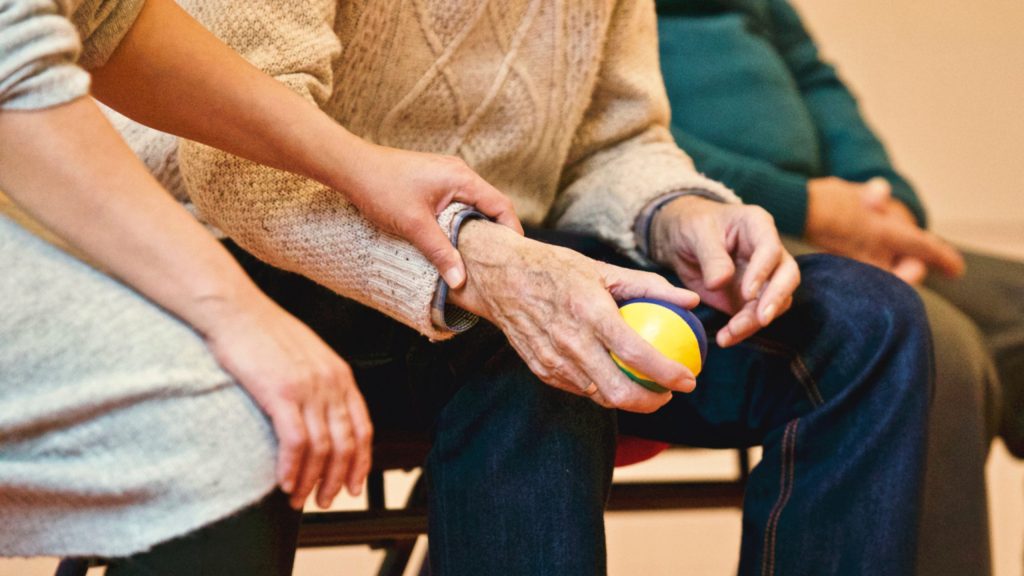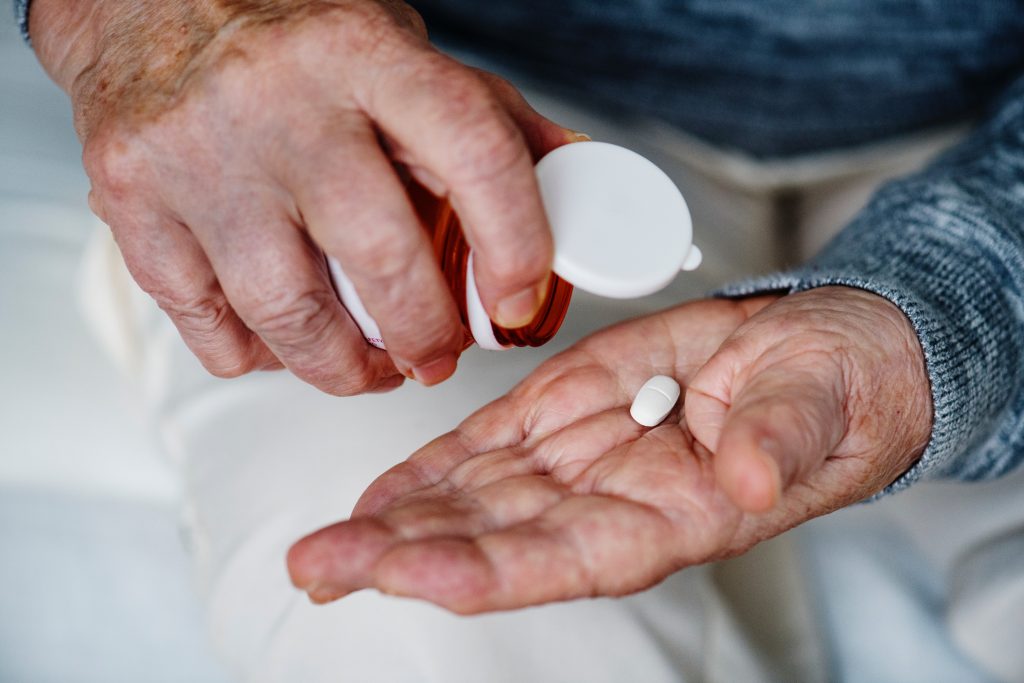
Everyone is well aware that exercise and physical activity are good for the body. Most studies have
revealed the important health benefits that are associated with exercise and exercise only becomes more important as one grows older. Carrying out regular exercise can help to improve the physical and mental health of ageing adults. This will help them to maintain their independence as they grow older.
It was discovered that most of the physical declines that are associated with ageing are due to a lack of exercise and physical activity. However, ageing adults who engage in regular exercise can enjoy the following health benefits:
- Reduced susceptibility to mood disorders, such as anxiety and depression
- Reduced risk of various diseases including cardiovascular disease and stroke
- Reduced body fat levels
- Reduced blood pressure
- Increased muscle mass, strength and physical endurance to help with injury prevention
- Increased joint flexibility and mobility
- Increased coordination and balance
- Increased cardiovascular and respiratory function
- Increased bone strength.
Here are some important factors of exercise in an aged-care facility:
Exercise Prevent Disease
Engaging in regular exercise and physical activity can help ageing adults to prevent most common
diseases, which include diabetes and heart disease. The immune system of ageing adults often fails but with regular exercise, their overall body immune system would be improved. Even the slighted exercise like trekking can be a very good tool to prevent ageing-related diseases.
Exercise Improves Mental Health
Another importance of exercise in an aged-care facility is the improvement of mental health. During exercise, endorphins (feel-good hormones) are released into the body, which acts as a natural painkiller/stress reliever and makes ageing adults feel satisfied and happy. More so, exercise helps to improve sleep, which is very important to improve the mental health of ageing adults, especially those suffering from disrupted sleep patterns and insomnia.

Exercise Improves Balance and Coordination
Ageing adults are more susceptible to falls, which can be disastrous for their independence. But
regular exercise and physical activities will improve their body flexibility and strength as well as body coordination and balance. All these will lead to fall prevention for ageing adults. Since ageing adults usually take longer periods to recover from falls, it is more important to prevent the falls in the first place.
Exercise Creates Social Engagement
Ageing adults may be faced with depression and loneliness, but engaging in exercise can help them create social engagements. Whether they join a gardening club, go to group fitness classes, or join a walking group, participating in exercise and physical activities can become a fun social event for ageing adults. Exercise helps ageing adults to maintain a strong social tie, which will help them to feel a sense of purpose and prevent depression and loneliness feelings.
Exercise Improves Cognitive Function
Engaging in regular exercise has been found to benefits cognitive function. Exercise and physical
activities can reduce the risk of dementia in ageing adults irrespective of when they begin participating in the exercise.
Exercise Strengthens the Joints
The body joints require regular movement to remain healthy and supple, and this can be achieved
through regular exercise. This can help to prevent arthritis. Also, ageing adults with arthritis can benefit from regular exercise and physical activities.
Exercise Reduces Body Fat
Too much fat in the body has been linked to several health challenges, which include diabetes and
cardiovascular disease. However, regular exercise and physical activities can help to burns off excess fats and increase the body muscle mass. This will subsequently increase the rate of body
metabolism. Generally, participating in regular exercise would help ageing adults to maintain a normal weight for their build and height.
Conclusion
If you are an ageing adult, regular exercise and physical activity are good for you. Generally, in an
aged-care facility, exercise improves cognitive function, strengthens social ties, improves well-being and mental health, lowers the risk of falls, and prevents disease. Irrespective of your current age, it is very important for you to engage in regular exercise.